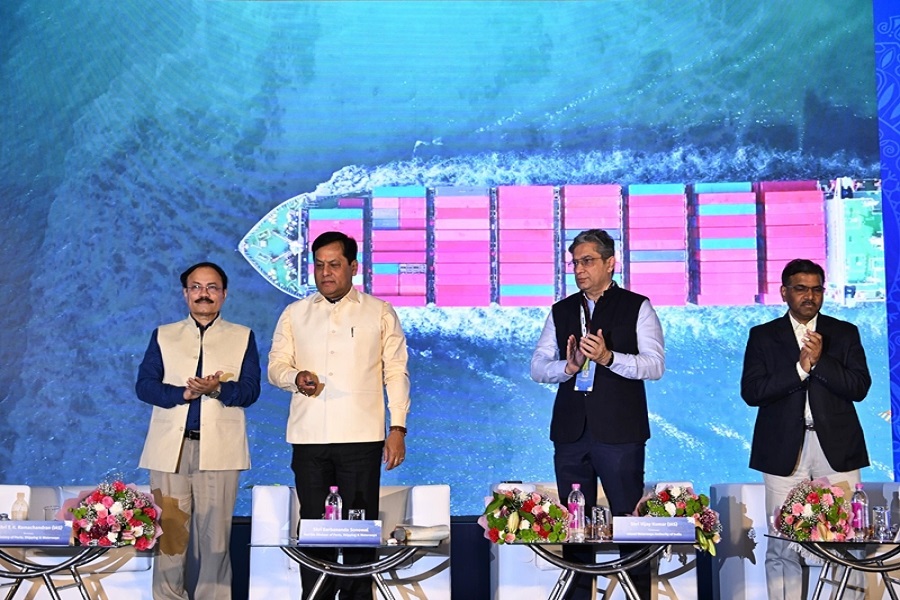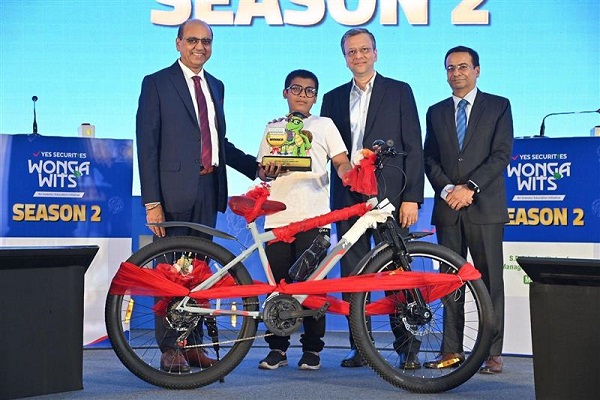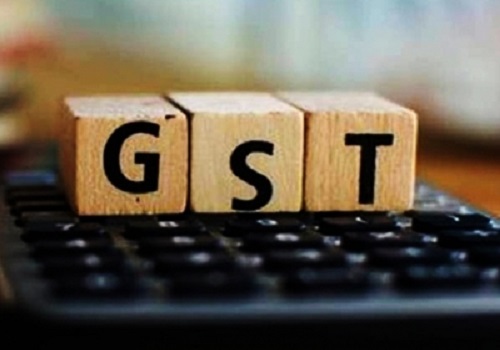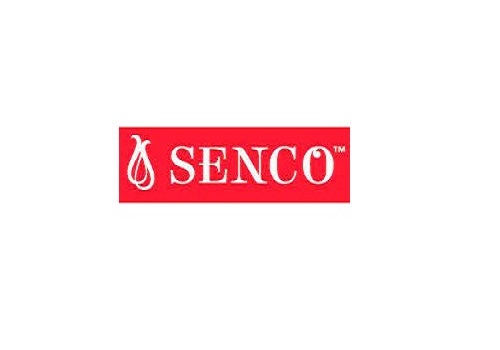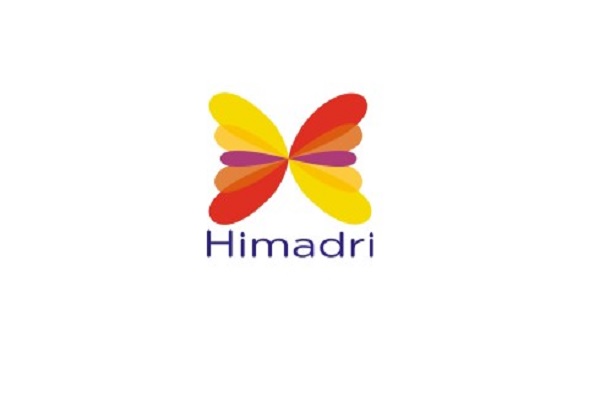Company Update : Jai Balaji Industries Ltd by Motilal Oswal Financial Services
Duct Iron Pipes and Specialized Ferro Alloys to be key products moving forward
We went for Jai Balaji Industries’ plant visit at Durgapur, West Bengal where the company has its TMT bars producing DRI manufacturing capacity and DI Pipes producing Blast Furnace facilities cupped with backward integrated operations. Post the plant visit, we got to interact with the management as well. The key takeaways from our visit are provided below
Capacity expansion plans to focus on capturing the DI Pipes and Ferro Alloy markets
Currently, JBIL’s capacity for Specialized Ferro Alloys and DI Pipes stands at 130,000 tpa and 240,000 tpa. With brownfield expansions happening at the West Bengal unit, the company is undergoing an expansion plan to reach 190,000 tpa for Ferro Alloys and 660,000 tpa for DI Pipes. The commissioning of the plants will take place by FY25. Additionally, this capex will be incurred through internal accruals. The primary focus reason for a foray towards these products is that the management believes this move to provide sustainable margins in the range of 18-20% in the long run.
VAP to be the focus point to improve margins
JBIL will be focusing on three main value-added products – TMT Bars, DI Pipes and Specialized Ferro Alloys. Currently, the share of VAP in total revenue stands at 55% and the management aims to bring these up to 75-80% as the VAP attracts higher pricing as well as EBITDA margins. Through TMT Bars and DI Pipes, JBIL wants to be placed on capturing the domestic market. Whereas the Specialized Ferro Alloys is a key product catering to the export markets completely. Currently JBIL is exporting to ~40 countries and meeting the requirements of each in terms of carbon content and increased chromium value in the alloys. We see the ferro alloys division to be a key driver for JBIL’s future as it’s an industry with very few competitors and requires higher technical expertise to produce the low carbon ferro alloys.
The brownfield expansion also aims at cost reduction and carbon control
Apart from the above-mentioned capex plans, JBIL is also taking initiatives on improvising its backward integration operations. At the heart of it lies, the doubling of the sinter plant capacity from the current 608,000 tpa to 1,208,000 tpa. The sinter plant will not only help in improving the current blast furnace efficiencies, but also add security on the cost savings front for the new blast furnace expansion. The company is also undertaking its blast furnace expansion by ~241,000 tpa to have a total BF capacity of 750,000 tpa. The sinters help in improving BF operations and efficiency as well as reduces coke consumption in the BF plant and JBIL wants to bank on the same for achieving cost efficiencies.
Management has a strong stand to not raise debt and grow through internal accruals
The company has taken significant debt reduction initiatives over the recent years. Net Debt stood at Rs 34,079mn in FY21, which is now at Rs 5,665mn levels. The company aims to be a net cash company over the next 12-15 months. Currently, the debt outstanding has been refinanced from Tata Capital Financial Services with a pledge of the shareholder’s stake. The management guidance is to maintain the Net Debt/EBITDA at 0.6x as of March 2024.
Please refer disclaimer at https://yesinvest.in/privacy_policy_disclaimers
SEBI Registration number is INZ000185632
Above views are of the author and not of the website kindly read disclaimer













